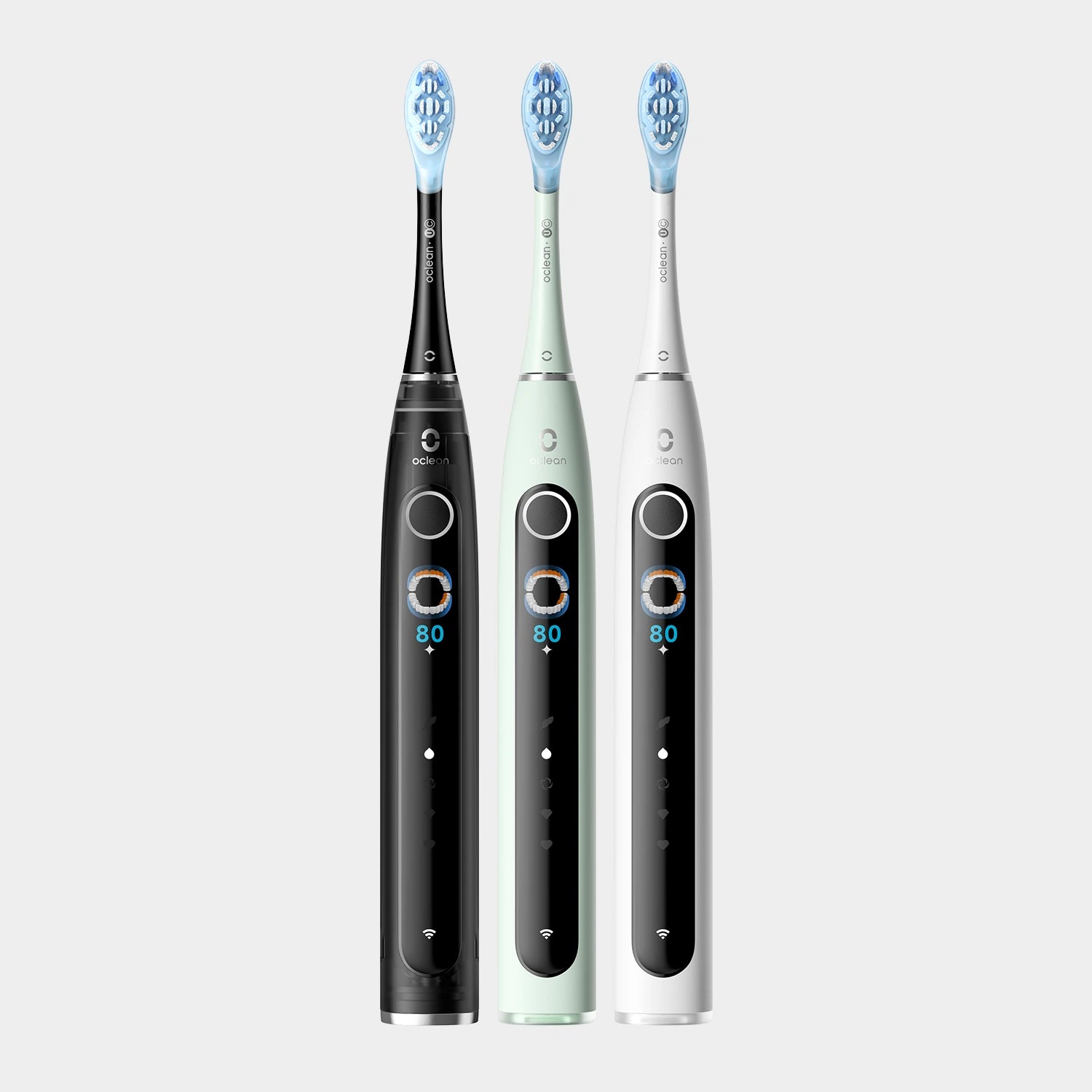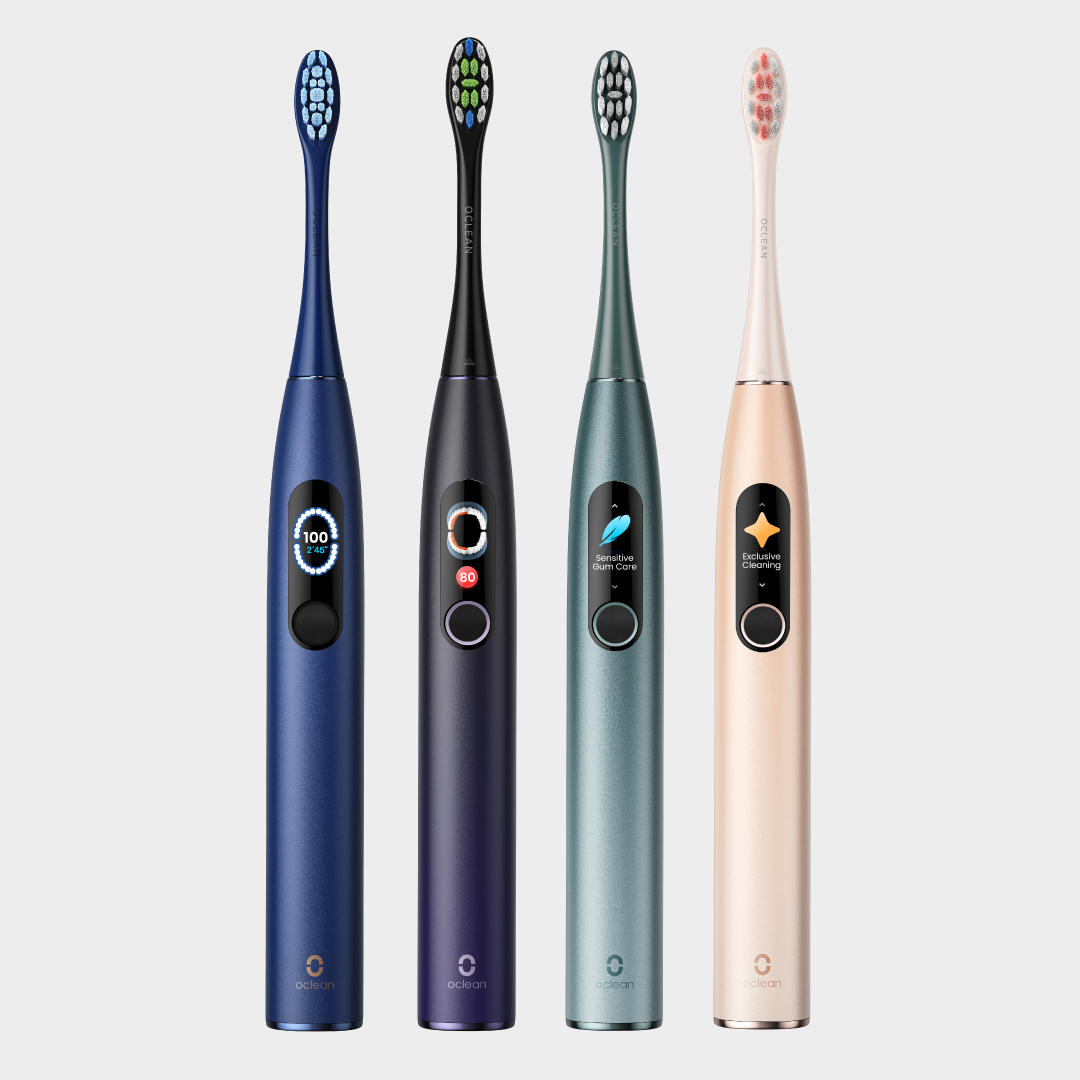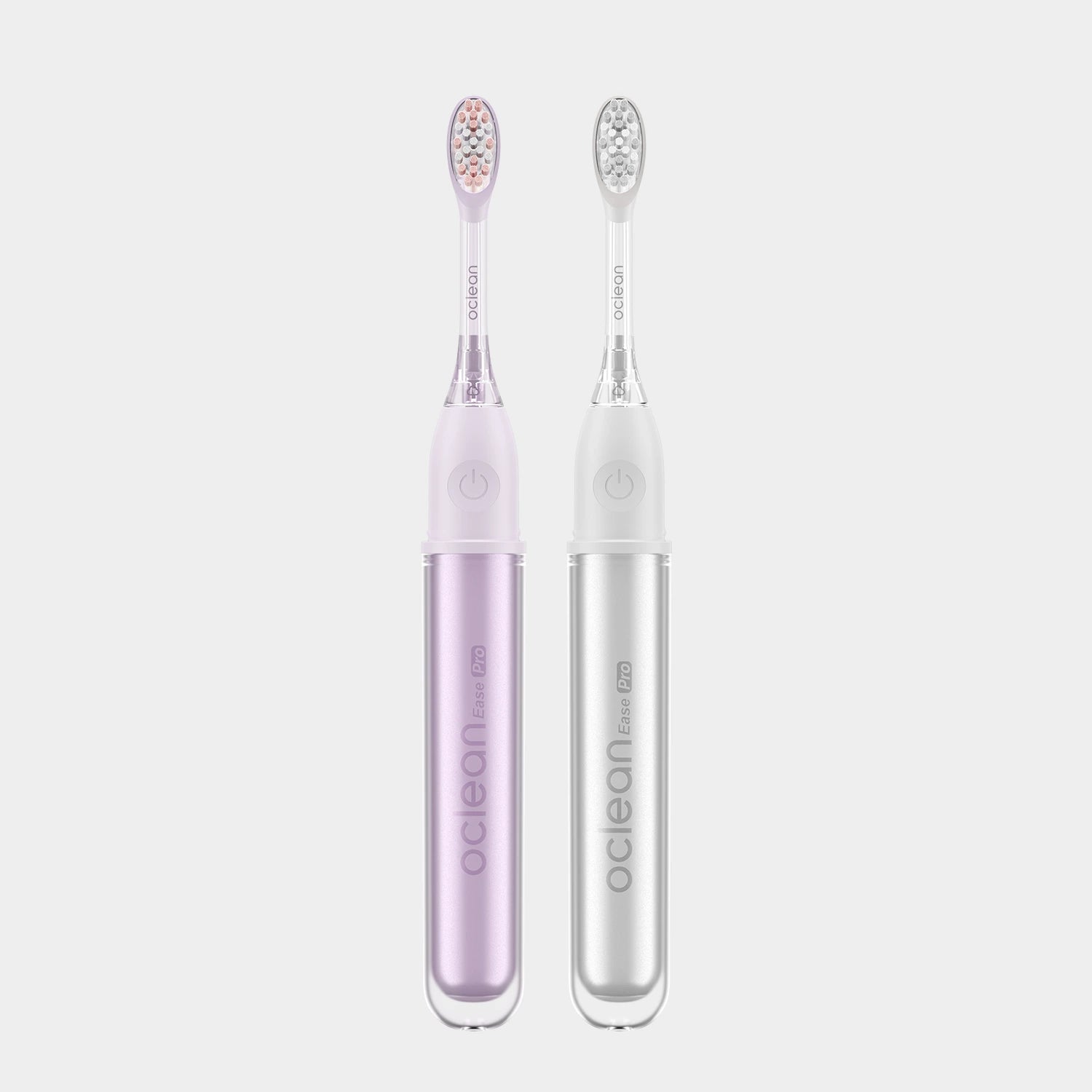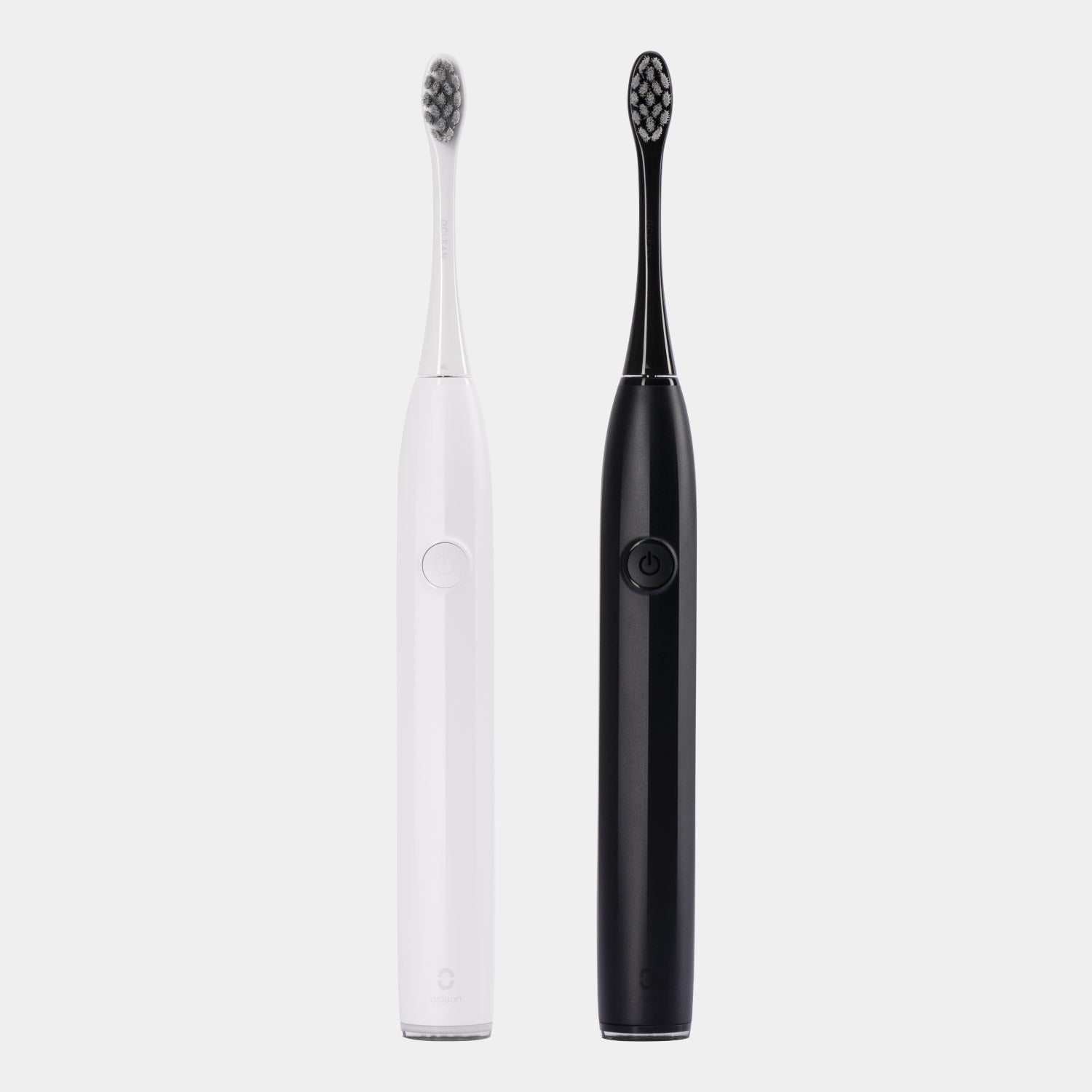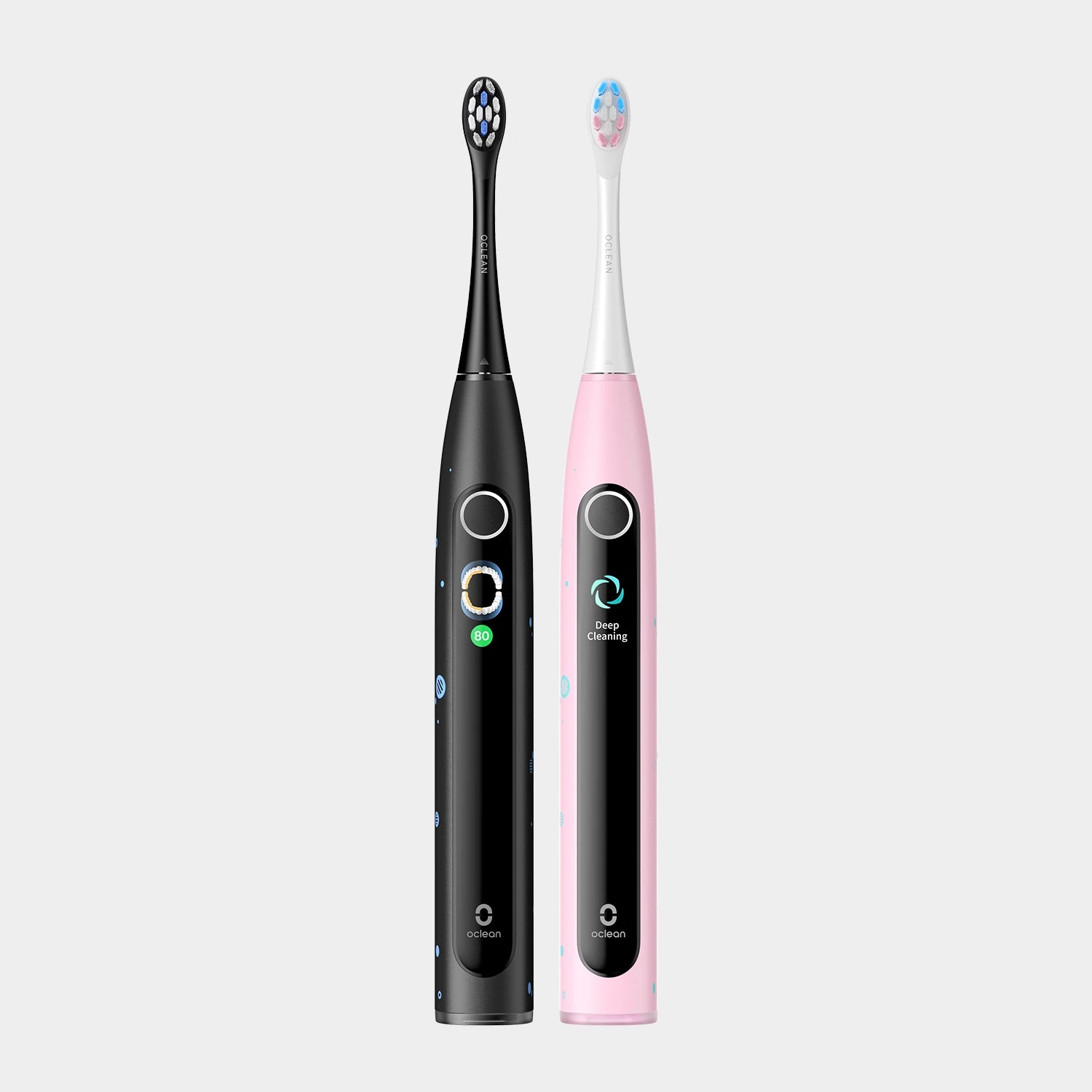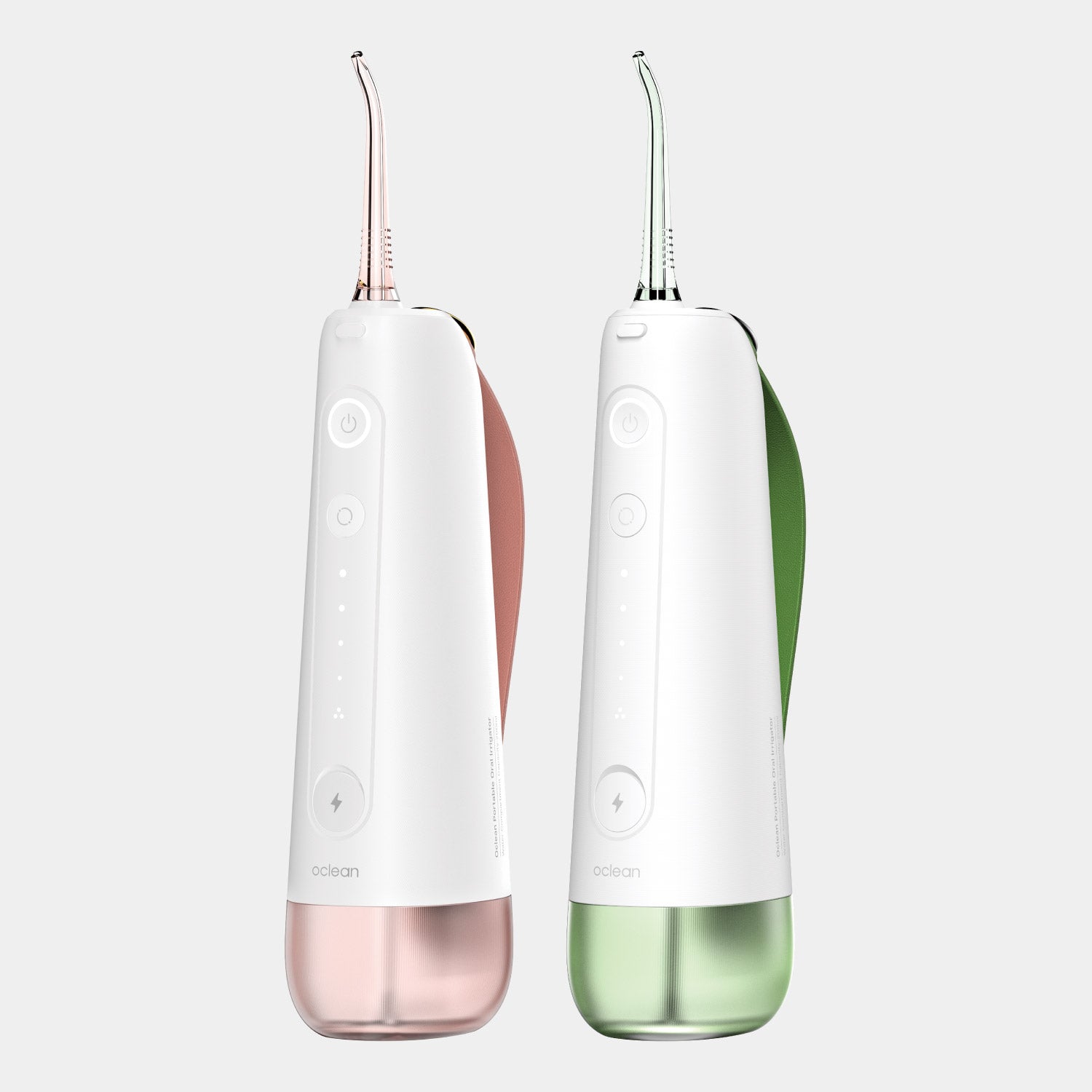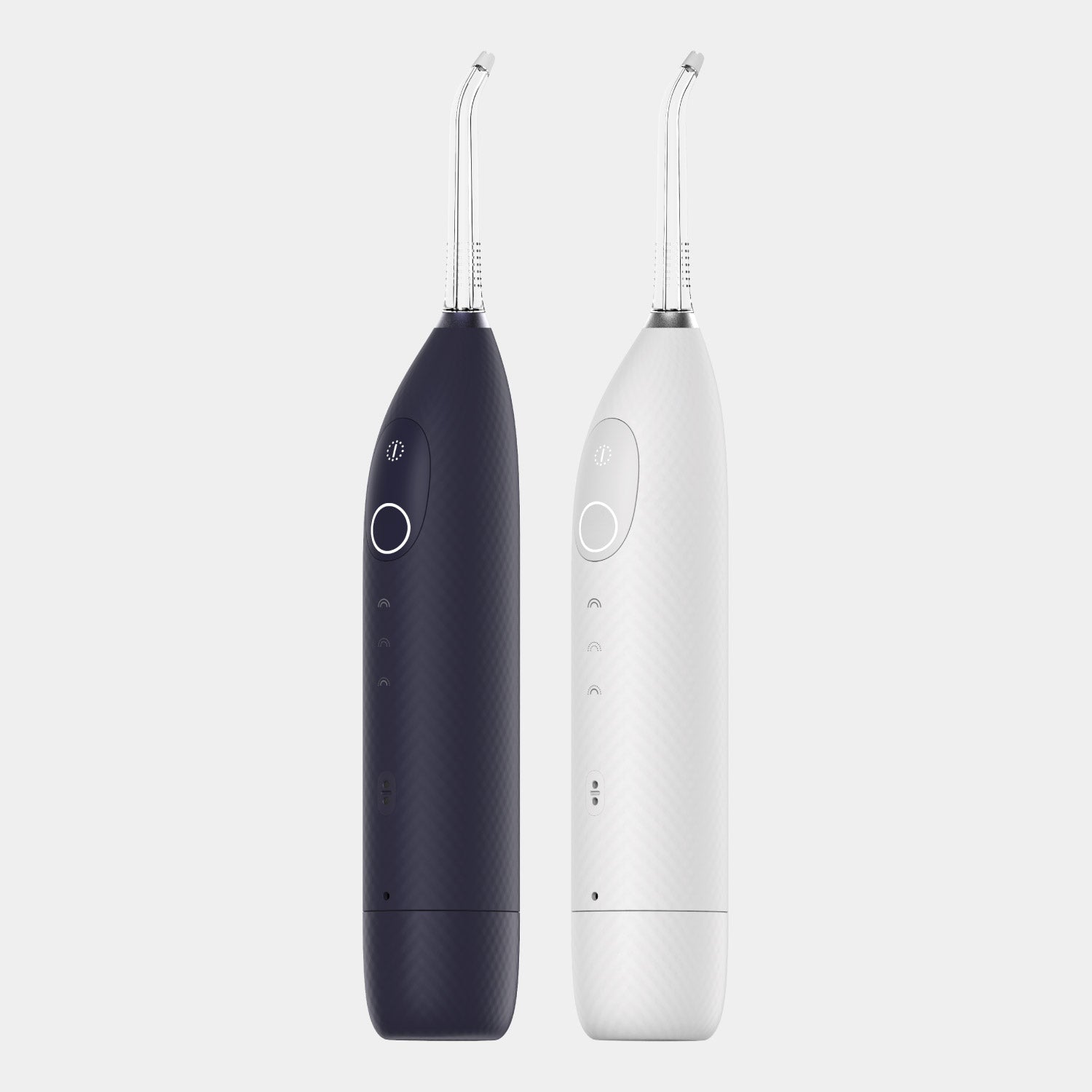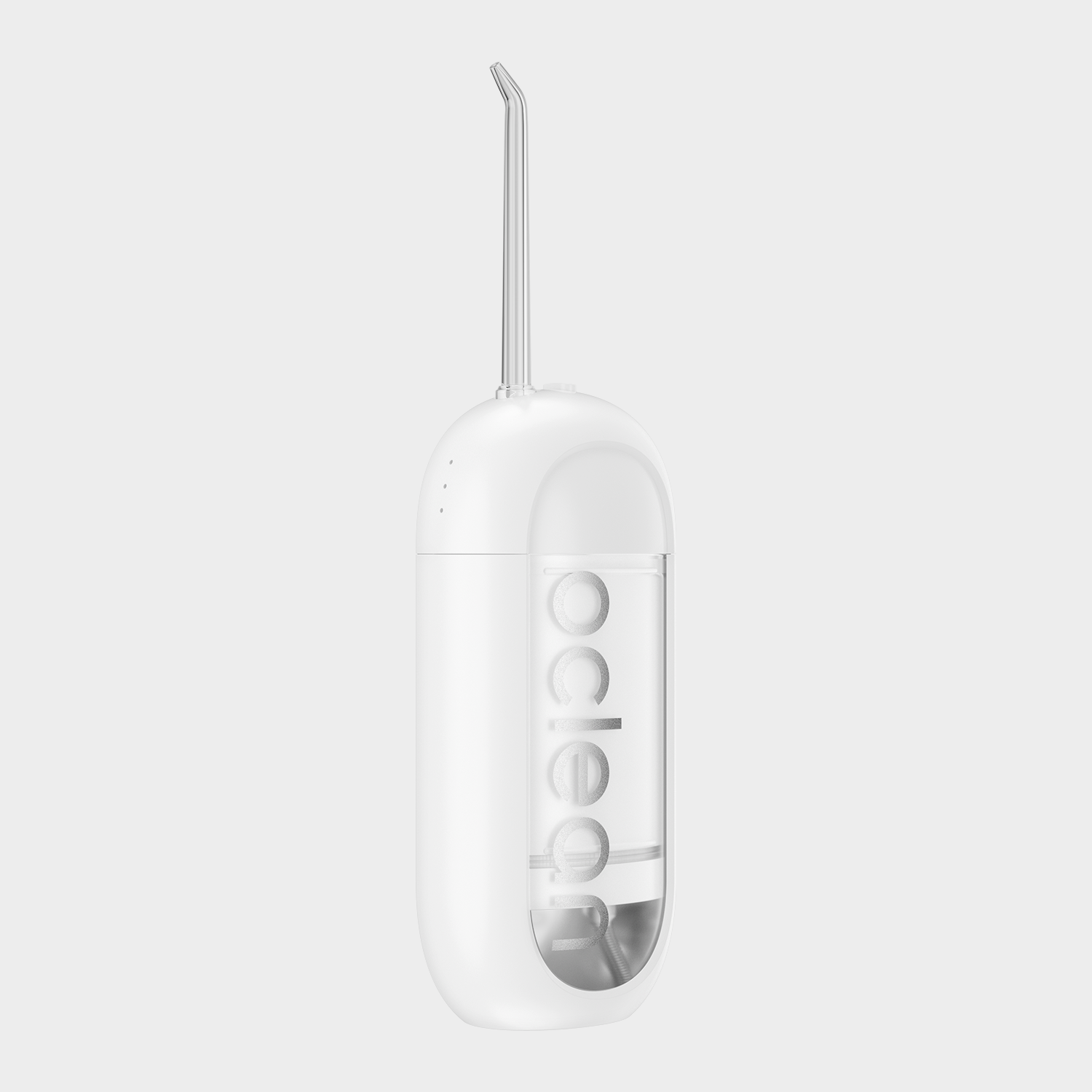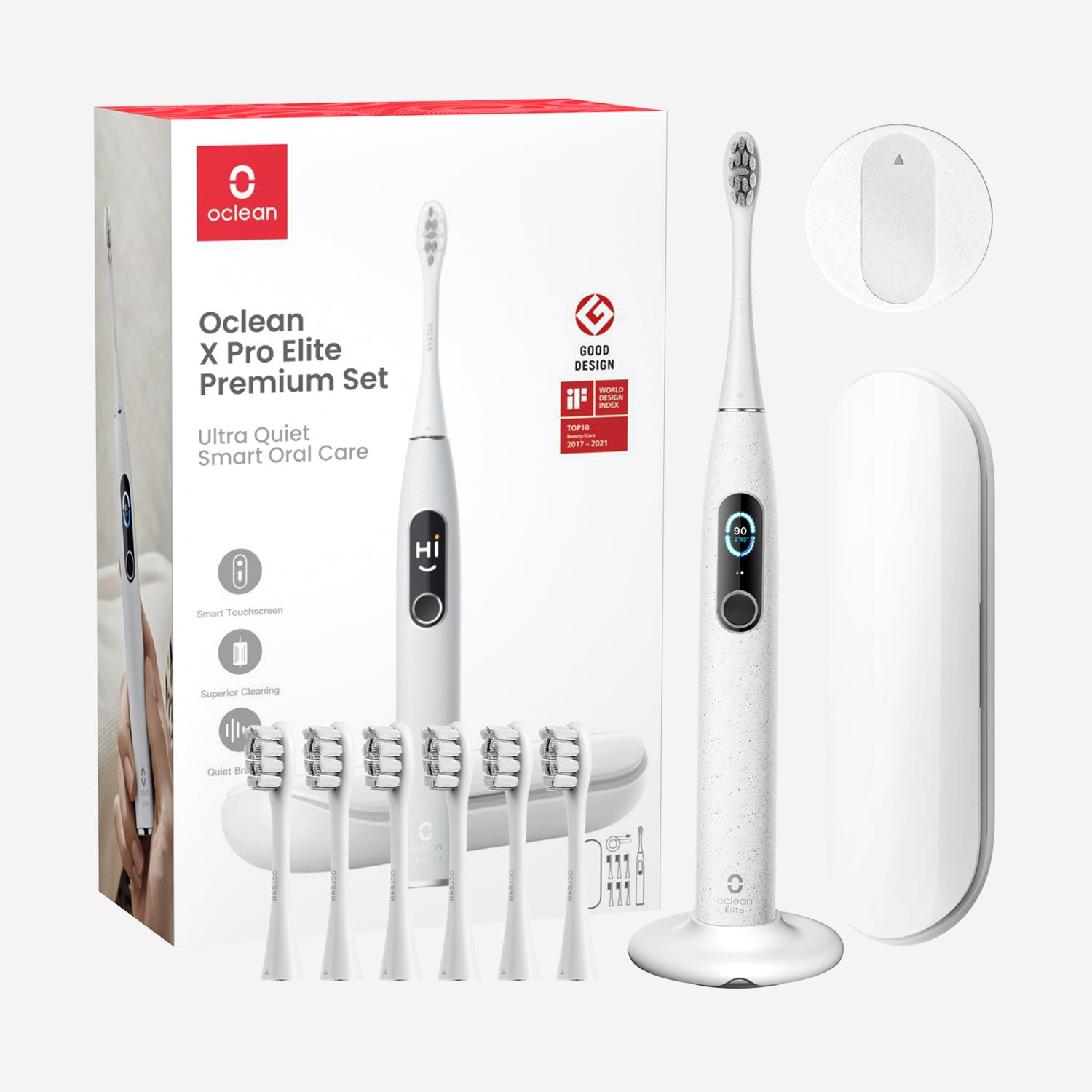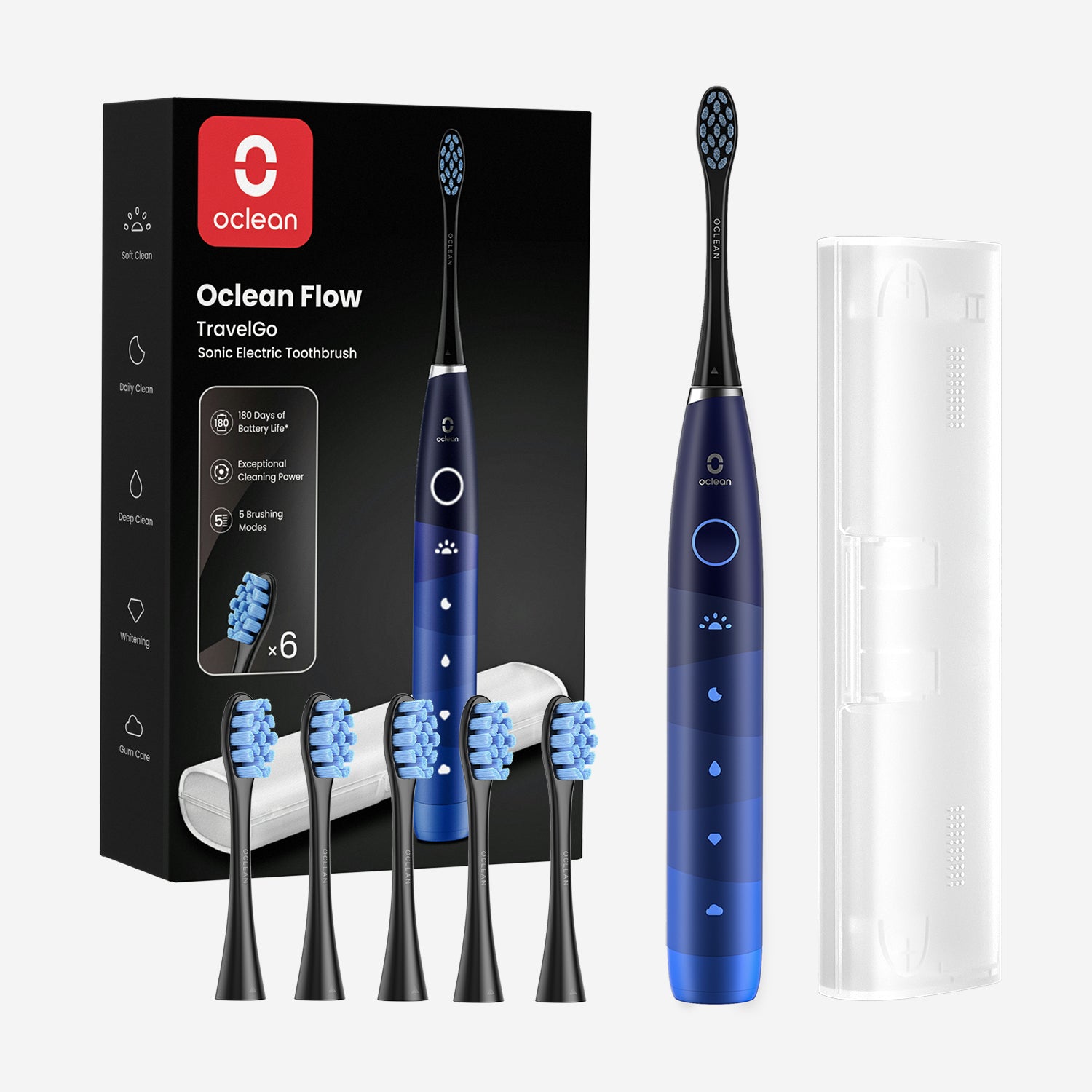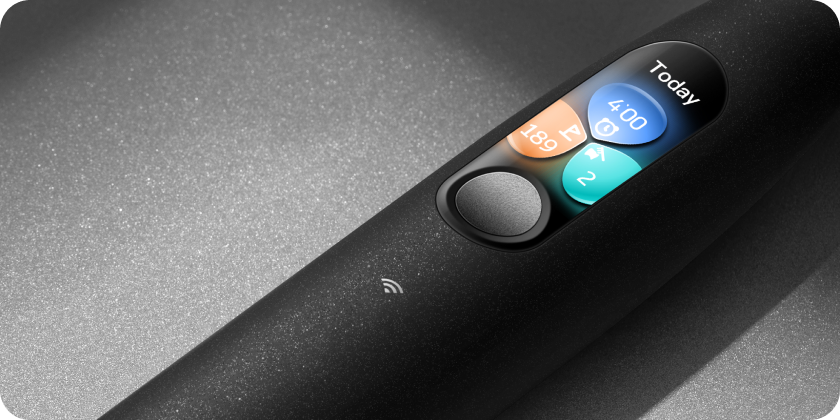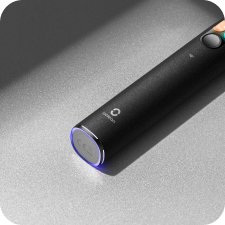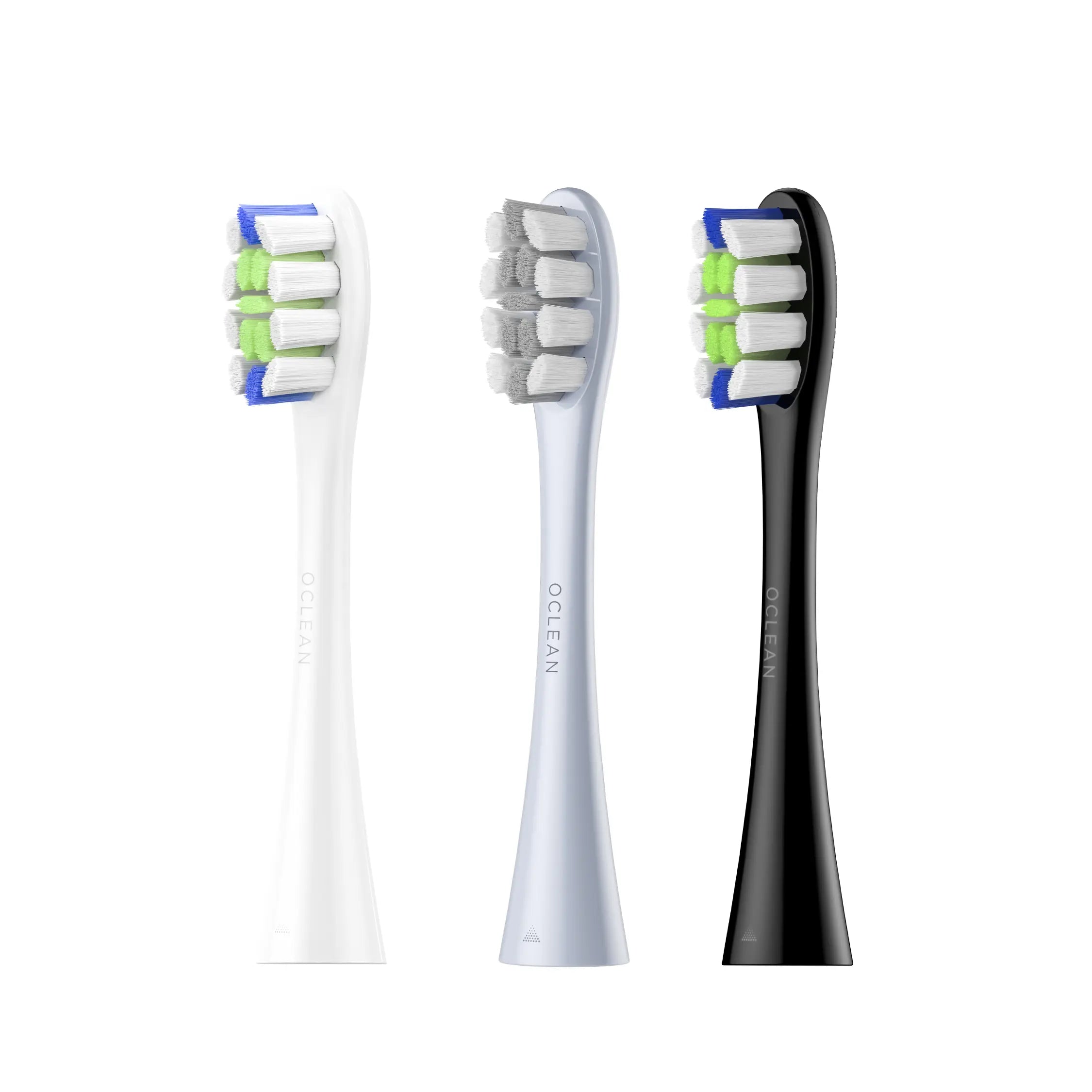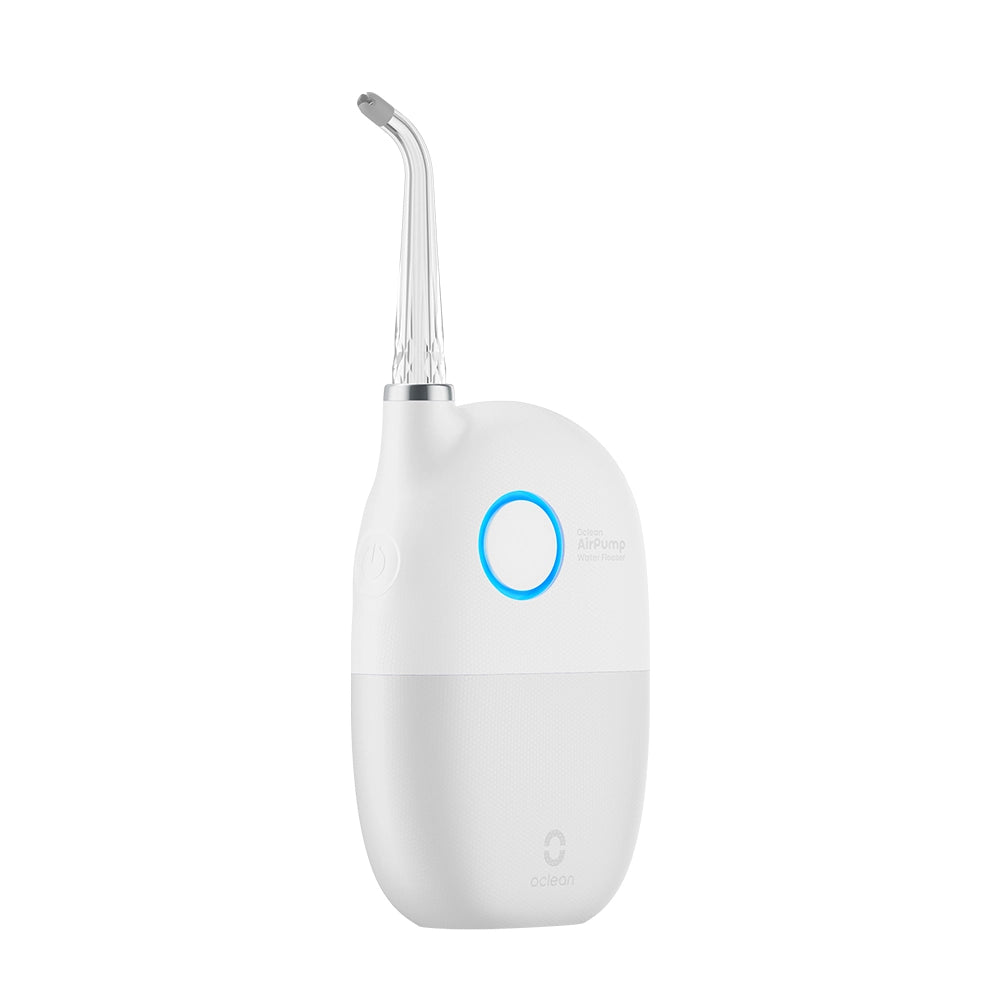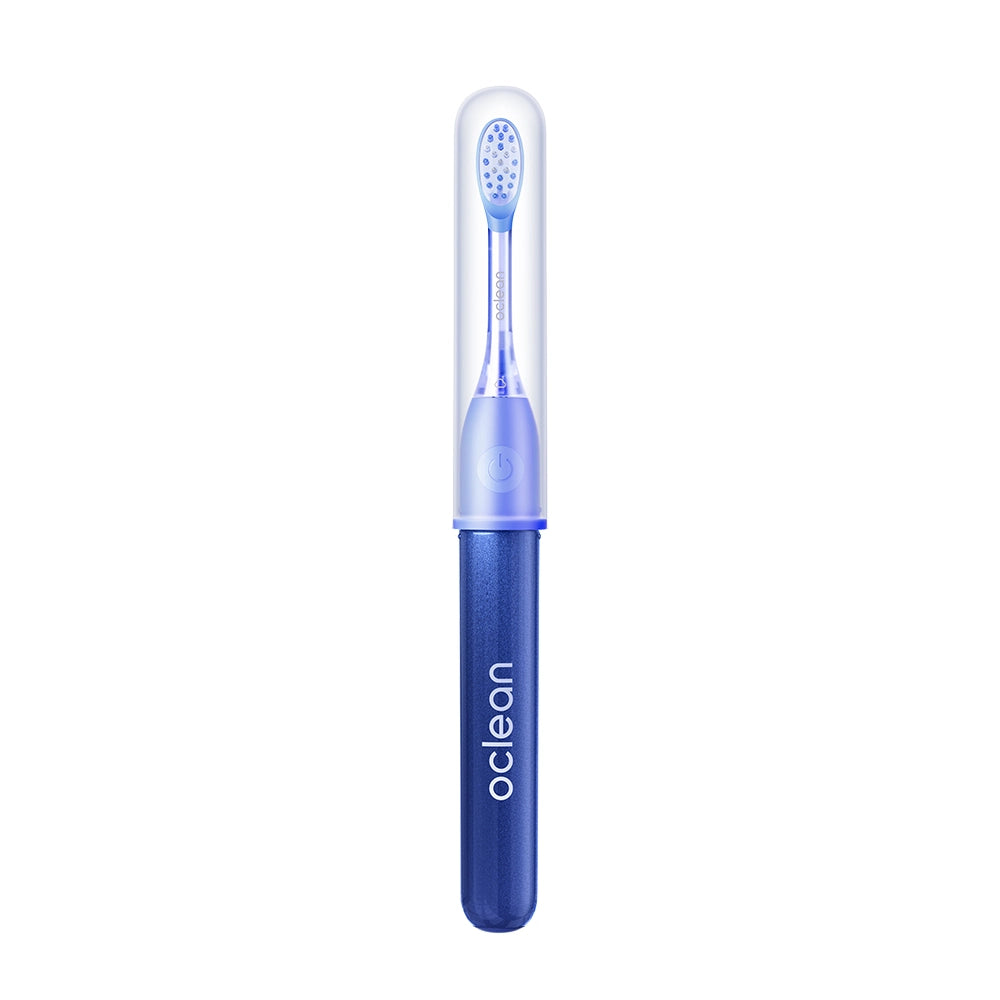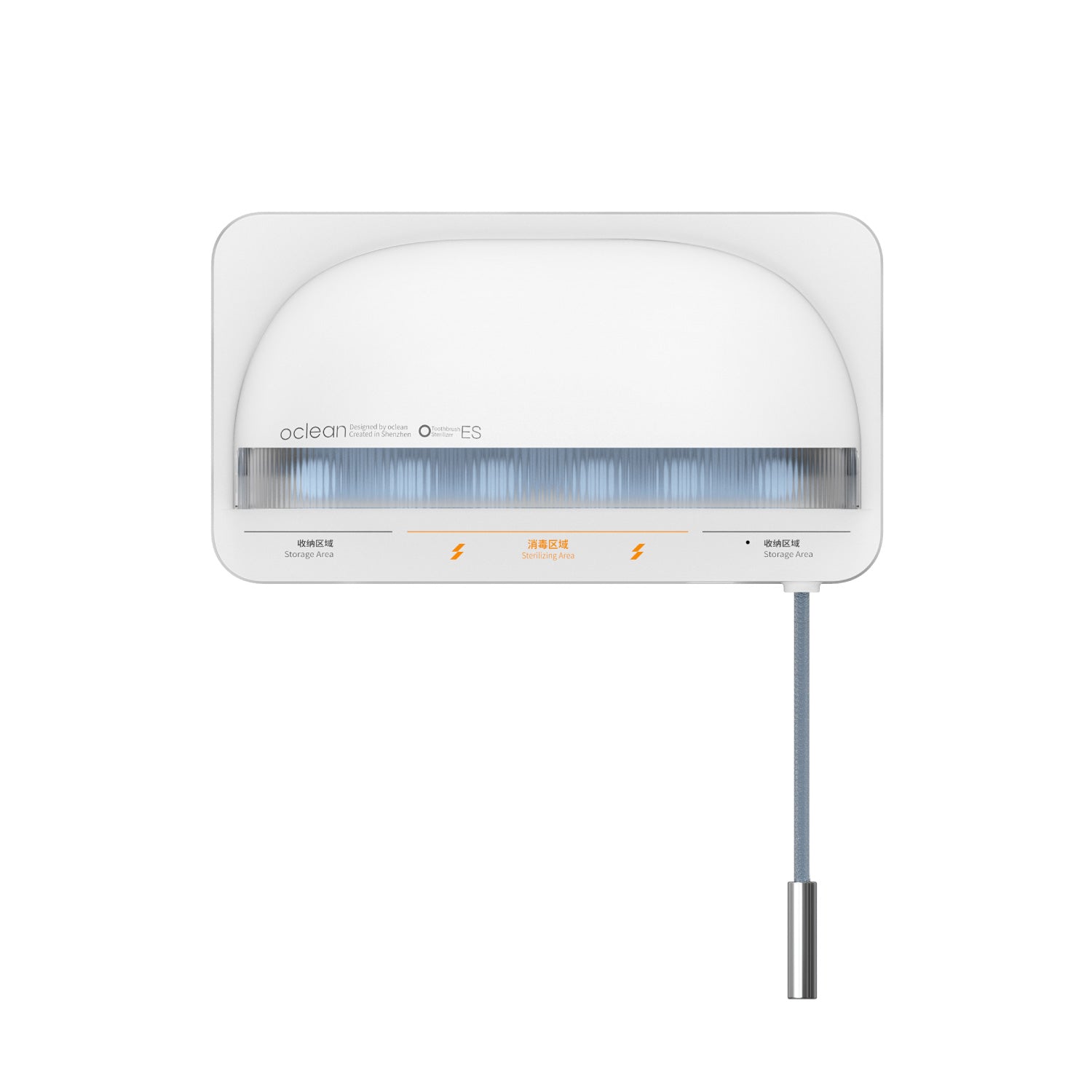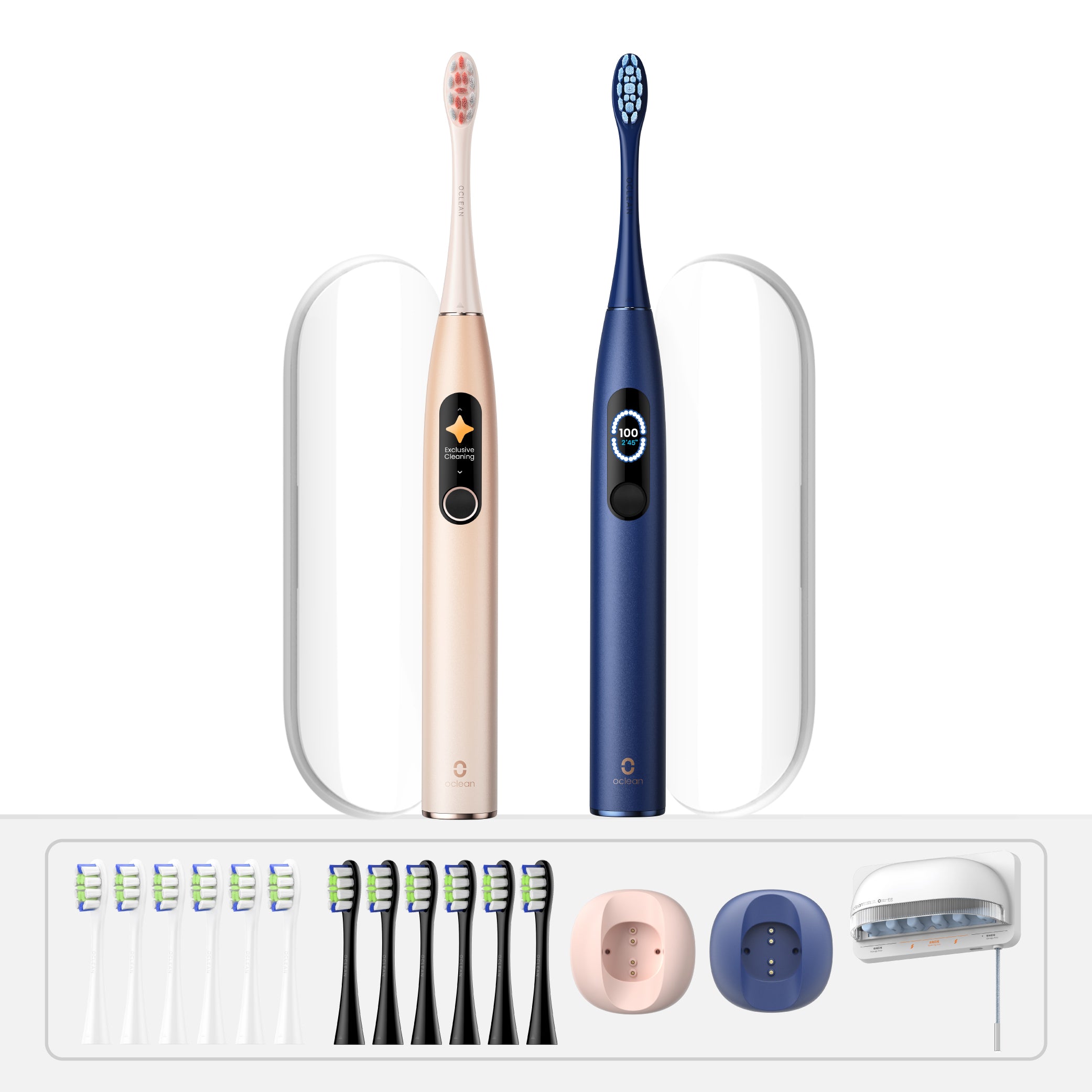That annoying sting when you drink your breakfast tea or brush your teeth just that bit harder? Yes, it might be an oral ulcer. Such small yet painful mouth ulcers can occur within your oral cavity and make eating and speaking quite uncomfortable.

While most ulcers recover by themselves, repeated or extreme ulcers may indicate underlying issues such as stress, vitamin deficiencies, or underlying health issues. In this article, we’re going to discuss everything you need to know about mouth ulcers.
What Are Oral Ulcers?
Mouth ulcers, or oral ulcers, are small, tender ulcers that occur inside the mouth, most commonly on the tongue, gums, inner cheeks, lips, or roof of the mouth. They tend to be round or oval in shape, white, yellow, or grey centre and a red edge. [1]
The majority of ulcers are benign and resolve on their own within 1 to 2 weeks without any treatment. They cause discomfort while eating, drinking, and speaking, but aren’t contagious and aren’t associated with sexual activity.
Types of Mouth Ulcers
There exist three primary forms of mouth ulcers, each with its respective characteristics:
1. Minor aphthous ulcers: The most frequently encountered type. They are small (less than 10mm), rounded, and generally resolve in 1-2 weeks without scarring. They can be slightly uncomfortable. [2]
2. Major aphthous ulcers: They are larger and deeper ulcers that may remain for weeks or even months. They cause more pain and may result in scarring upon healing.
3. Herpetiform Ulcers: Small ulcers that occur in groups. They can coalesce to form larger, irregular ulcers and are quite tender. They are not caused by the herpes virus, despite what one might assume from the name. [3]
Symptoms of an Oral Ulcer
Oral ulcers are relatively straightforward to identify. They tend to:
- Have white, yellow, or gray centers
- They are red and inflamed on the edges
- Feel tender or achy, particularly when eating, drinking, or brushing your teeth
You may have just one or multiple ulcers at one time. They can cause tender spots where you may feel pain if you eat something spicy, salty, or sour. In other instances, the gum tissue surrounding the ulcer may become swollen or even more sensitive when you brush your teeth.
What Causes Mouth Ulcers?
Mouth ulcers can result from many various reasons, both controllable and uncontrollable. [4] Below are most of the most typical reasons why they erupt:
Everyday Triggers
- Biting your cheek or tongue by accident
- Brushing excessively or using an abrasive toothbrush
- Irritation due to braces, dentures, or jagged teeth
- Consuming spicy, acidic, or stiff foods
- Feeling stressed or uneasy, or not sleeping well
Health & Body-Related Causes
- Changes in hormones (such as menstruation or pregnancy)
- Vitamin and mineral deficiencies (in particular, of B12, iron, zinc, or folic acid)
- Allergic reactions to specific oral bacteria or foods
- Specifically, certain medications, e.g., NSAIDs or beta blockers
- Quitting smoking (yes, strangely, that can cause ulcers for a short time)
Less Common Medical Causes:
- Viral Infections (such as hand, foot, and mouth disease)
- Conditions such as Crohn's disease, coeliac disease, or lupus
- A compromised immune system (e.g., due to HIV)
- Oral diseases such as lichen planus (which produces white spots in the mouth)
How to Treat Oral Ulcers at Home
Mouth ulcers are inconvenient, but most of them aren't dangerous and heal within a week or two on their own. That being said, pain and discomfort definitely get in the way of eating, drinking, or even speaking comfortably.
Quick Tips to Help Your Ulcer Heal
Here's what you can do to ease pain and hasten recovery at home:
1. Gently rinse it with warm salt water several times a day – this keeps it clean and brings down inflammation.
2. Avoid spicy, salty, or acidic foods (such as crisps, citrus fruits, or chilli) as these may aggravate the sore. [5]
3. Eat foods that are soft and cold, such as yoghurt, smoothies, or unheated soup.
4. Use a soft-bristled toothbrush to prevent irritating the ulcer.
5. Hydrate your mouth by drinking lots of water.
Natural Remedies That Can Help
If you favor natural alternatives, these might be of some help:
1. Saltwater rinse: It's easy, efficient, and combats bacteria.
2. Coconut oil: It contains antimicrobial properties. You can attempt to do oil pulling (swishing a spoonful in your mouth for several minutes), but do not swallow it. [6]
3. Hydrogen peroxide mouthwash: It combines an equal mixture of hydrogen peroxide and water, rinse for 30 seconds, and spit it out. Repeat once or twice daily (but not more than that).
Over-the-Counter Treatments for Mouth Ulcers
If pain is getting you down, pharmacies also have useful products you can use without a prescription:
1. Gels or creams such as Orajel™ or Bonjela® that numb the area and protect it as it heals.
2. Antiseptic mouthwashes are also helpful. Choose ones that do not include alcohol and that contain chlorhexidine as an ingredient.
3. Pain relief tablets such as paracetamol or ibuprofen, if you feel really unwell
When to Visit a Dentist
Most mouth ulcers are harmless and heal by themselves. However, at times, ulcers may signal something more serious, and it is best to get them checked at such times.
See your general practitioner or dentist if:
- The ulcer has not healed in 3 weeks.
- You continue to develop new ulcers before each one heals.
- The ulcer is larger than normal, or it is close to the back of your throat.
- You develop a fever, feel generally unwell, or experience diarrhoea as well.
- It's painless (rare for an ulcer of the mouth).
- You experience joint pain or swelling.
- It's oozing, becoming redder, or increasingly painful as time goes on.
- You've got ulcers in other places on your body, such as your genitalia or skin.
Mouth ulcers may be associated with underlying health conditions or, in extreme instances, mouth cancer. So if something doesn't feel quite right or unusual, don't delay. Have it checked.
How a Dentist Can Help
If your mouth ulcer is ongoing, very painful, or infected, you might be prescribed stronger treatment to heal more quickly and feel better.
Prescribed Treatments
Steroids as sprays, dissolvable tablets, or lozenges to reduce inflammation and enhance healing. [7]
- Painkilling gels or sprays to desensitise the area temporarily
- Antiseptic mouthwashes to cleanse the ulcer and protect against infection
- Gentle pastes such as Orabase® that create a cover on top of the sore
- Steroid lozenges (such as Corlan®) to heal ulcers sooner if started early
Several of these medications only require a prescription, but most of them can be purchased at the pharmacy without one.
Other Choices (If The Usual Treatments Fail)
If your ulcers are particularly bad or not getting better despite standard treatment, your doctor might consider:
- Painkillers in tablet form.
- Steroid inhalers (which most commonly treat asthma) target the inside of the mouth.
- A short tablet of steroids.
- In certain instances, even an antibiotic like doxycycline.
How Do You Know If Your Mouth Ulcer Is Serious?
Most ulcers in the mouth are benign and heal on their own. But if an ulcer lasts beyond 3 weeks, that’s your cue to consult a dentist or doctor. Chronic ulcers or recurrent ulcers may sometimes be an indicator of an underlying medical condition, so it is best to get them checked up rather than ignoring them.
Can a Mouth Ulcer Be Cancer?
Sometimes, ulcers in the mouth and mouth cancer might look quite similar at first, but neither is identical to the other, and there are distinct differences.
Here is one easy method to differentiate them:
|
Mouth Ulcers |
Mouth Cancer |
|
|
|
|
|
|
|
|
If you have an ulcer that is not healing, is different from normal, or is getting larger or changing color, it’s best to have it checked by a dentist.
How to Prevent Mouth Ulcers
Although you can not avoid mouth ulcers altogether, these are some easy methods to minimize your chances of developing them:
- Brush very gently using a toothbrush that has soft bristles, such as Oclean X Ultra 20 Sonic Toothbrush not to hurt your cheeks or your gums. They're kind to your gums and provide a better clean while not scrubbing aggressively.
- Keep your mouth hygienic to avoid having bacteria cause annoyance.
- Steer clear of spicy, acidic, or crunchy foods if they cause ulcers.
- Manage stress, which can be a significant contributor to flare-ups.
- Hydrate well and keep your mouth moist by drinking lots of water.
- Check your toothpaste - for some people, using sodium lauryl sulfate (SLS) worsens ulcers.
The Bottom Line
Mouth ulcers occur frequently, are annoying, and generally harmless, but can be painful! And most of them heal naturally, and you can avoid them by keeping your mouth clean, staying away from irritants, and using gentle products. In case an ulcer lingers or is different from its normal state, don't disregard it — get it checked! A little attention goes far in maintaining your smile pain-free and healthy!
Reference
Muñoz-Corcuera, M., et al. “Oral Ulcers: Clinical Aspects. A Tool for Dermatologists. Part II. Chronic Ulcers.” Clinical and Experimental Dermatology, vol. 34, no. 4, 1 June 2009, pp. 456–461, pubmed.ncbi.nlm.nih.gov/19522982/, https://doi.org/10.1111/j.1365-2230.2009.03219.x.
Fletcher, Jenna. “Everything You Need to Know about Mouth Ulcers.” Medicalnewstoday.com, Medical News Today, 20 Nov. 2018, www.medicalnewstoday.com/articles/317984#types.
“Mouth Ulcers | Health.” Patient.info, patient.info/oral-dental-care/mouth-ulcers-leaflet.
Johnson, Shannon. “What Causes Mouth Ulcers and How to Treat Them.” Healthline, 24 Mar. 2019, www.healthline.com/health/mouth-ulcers.
NHS. “Mouth Ulcers.” NHS, 2019, www.nhs.uk/conditions/mouth-ulcers/.
Simón Pardiñas López, et al. “Anti-Inflammatory and Antimicrobial Efficacy of Coconut Oil for Periodontal Pathogens: A Triple-Blind Randomized Clinical Trial.” Clinical Oral Investigations, vol. 29, no. 4, 14 Mar. 2025, https://doi.org/10.1007/s00784-025-06267-8.
Altenburg, Andreas, et al. “The Treatment of Chronic Recurrent Oral Aphthous Ulcers.” Deutsches Aerzteblatt Online, 3 Oct. 2014, www.ncbi.nlm.nih.gov/pmc/articles/PMC4215084/, https://doi.org/10.3238/arztebl.2014.0665.
Table of Contents




